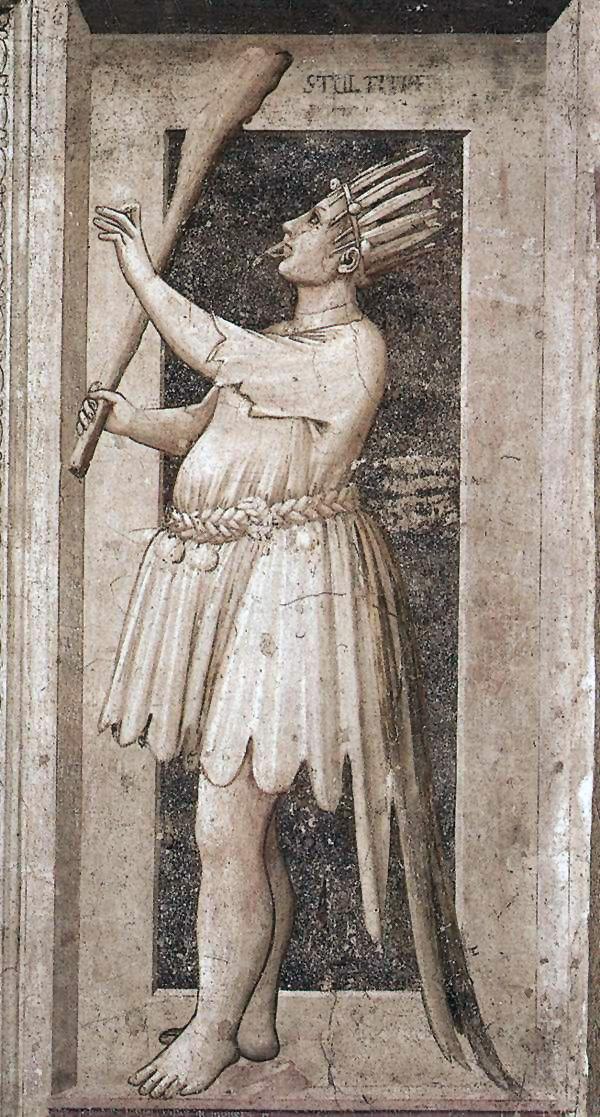Foolishness on:
[Wikipedia]
[Google]
[Amazon]
 Foolishness is the unawareness or lack of social norms which causes offence, annoyance, trouble and/or injury. The things such as impulsivity and/or influences may affect a person's ability to make otherwise reasonable decisions. In this sense, it differs from stupidity, which is the lack of
Foolishness is the unawareness or lack of social norms which causes offence, annoyance, trouble and/or injury. The things such as impulsivity and/or influences may affect a person's ability to make otherwise reasonable decisions. In this sense, it differs from stupidity, which is the lack of
intelligence
Intelligence has been defined in many ways: the capacity for abstraction, logic, understanding, self-awareness, learning, emotional knowledge, reasoning, planning, creativity, critical thinking, and problem-solving. It can be described as the ...
. An act of foolishness is called folly.
Concept
Andreas Maercker in 1995 defined foolishness as rigid, dogmatic, and inflexible thinking which makes feelings of bitterness and probable annoyance. It is considered the foundation of illusions of grandiosity like omniscience, omnipotence and inviolability. TheBook of Proverbs
The Book of Proverbs ( he, מִשְלֵי, , "Proverbs (of Solomon)") is a book in the third section (called Ketuvim) of the Hebrew Bible and a book of the Christian Old Testament. When translated into Greek and Latin, the title took on differ ...
characterizes traits of foolishness. Foolishness and wisdom are contrasted in Paul's letter to the Corinthians. He condemns intellectual arrogance and advocates a humble attitude instead of foolishness, in which it is then possible to learn.
Plato
Plato ( ; grc-gre, Πλάτων ; 428/427 or 424/423 – 348/347 BC) was a Greek philosopher born in Athens during the Classical period in Ancient Greece. He founded the Platonist school of thought and the Academy, the first institutio ...
transvalued reason over foolishness, to him integrity of acceptance of a state itself was the beginning of wisdom, he said "He is the wisest man who knows himself to be ill-equipped for the study of wisdom".
See also
* Silliness * Ridiculous * Absurdity * As a dog returns to his vomit, so a fool repeats his folly - specific biblical proverb * ''In Praise of Folly
''In Praise of Folly'', also translated as ''The Praise of Folly'' ( la, Stultitiae Laus or ), is an essay written in Latin in 1509 by Desiderius Erasmus of Rotterdam and first printed in June 1511. Inspired by previous works of the Italian h ...
''
References
External links
Knowledge {{socio-stub